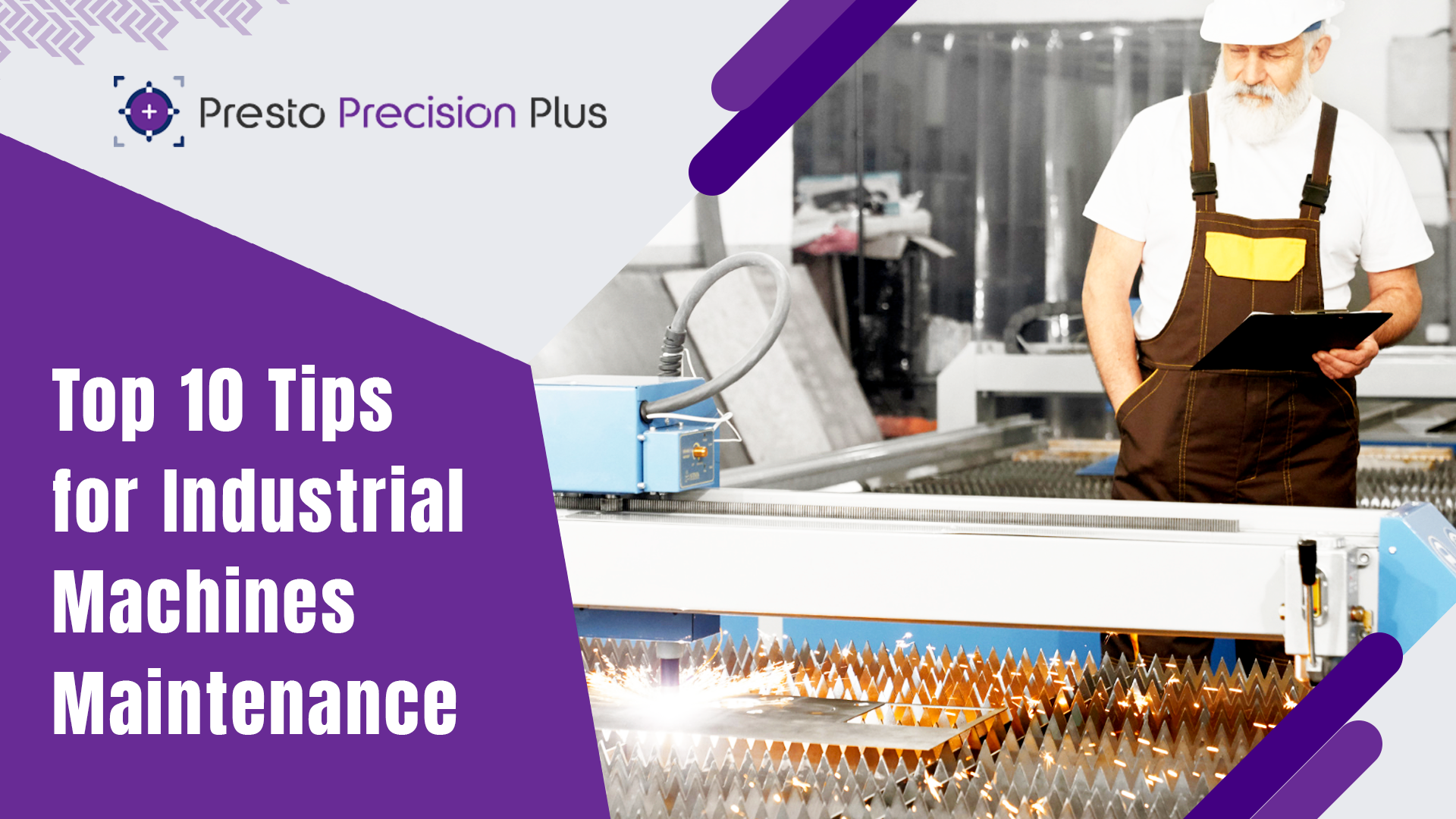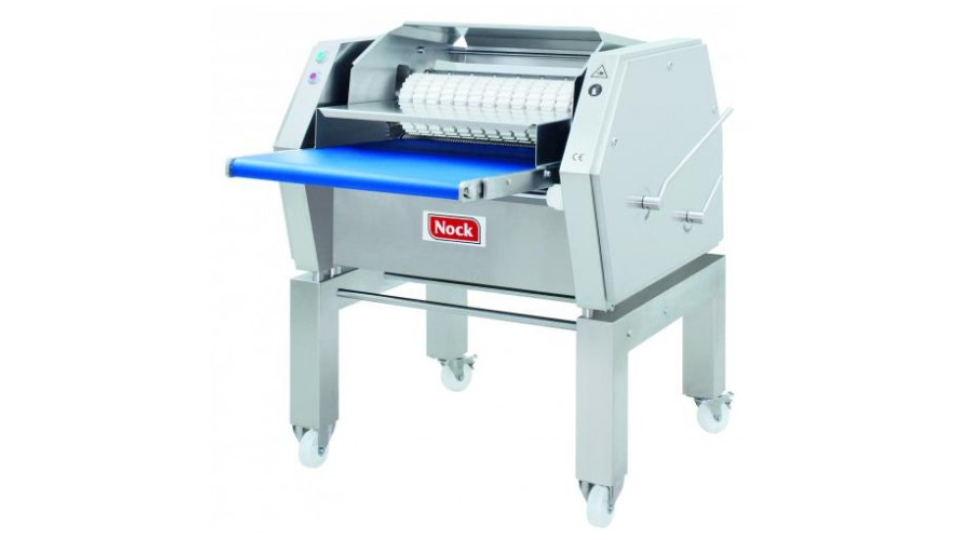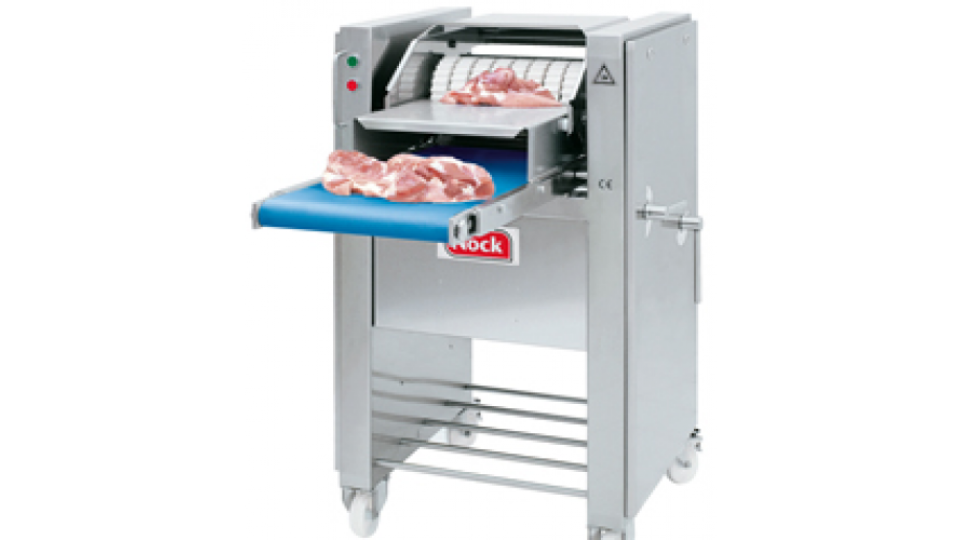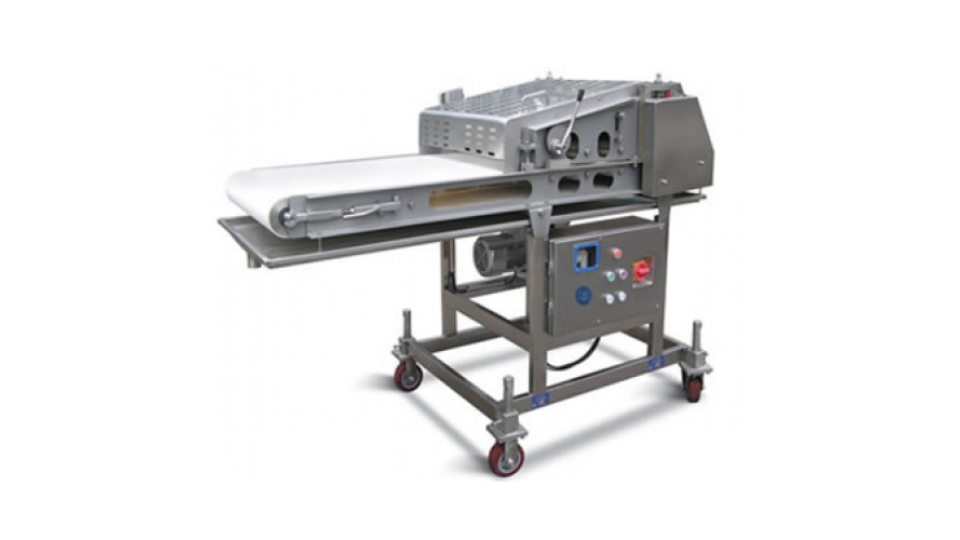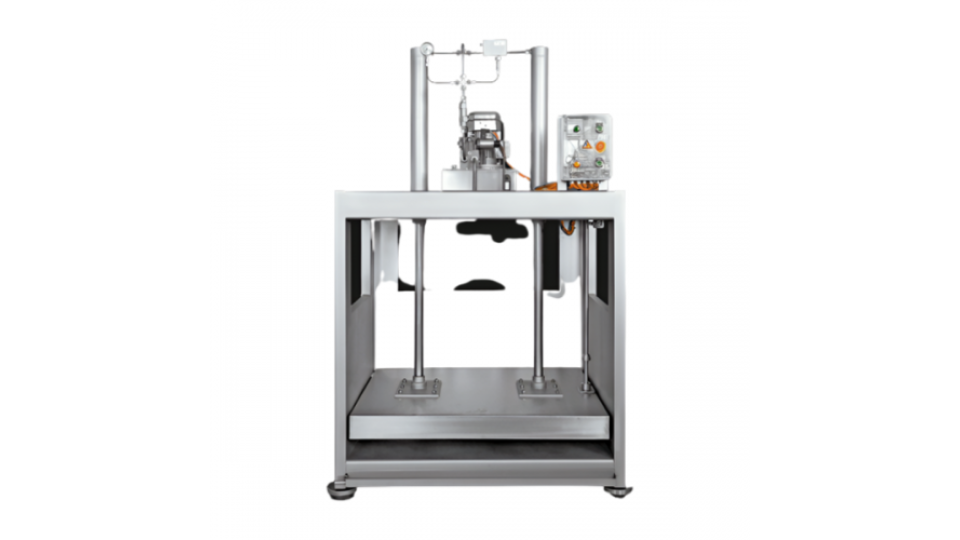Industrial machines are the backbone of manufacturing and production processes in industries worldwide. From factories to workshops, these machines are responsible for creating, assembling, and processing products that keep businesses running. However, like any complex system, industrial machines require regular maintenance to function optimally and avoid costly breakdowns. Ensuring proper care and upkeep can extend the lifespan of these machines, improve efficiency, and reduce unexpected downtime.
In this blog, we will discuss the top 10 tips for industrial machines maintenance. Whether you’re working with large production equipment or smaller specialized machinery, these tips will help you ensure that your machines stay in peak condition.
1. Develop a Regular Maintenance Schedule
The most effective way to maintain industrial machines is to create a regular maintenance schedule. Preventive maintenance is key to catching potential issues before they become major problems. This schedule should outline when each machine requires inspection, cleaning, and parts replacement.
Steps for Developing a Maintenance Schedule
- Identify all the machines in your facility.
- Refer to the manufacturer’s guidelines for recommended maintenance intervals.
- Assign responsibility to specific personnel for each machine's maintenance.
- Use software to track maintenance schedules and reminders.
Having a well-organized maintenance schedule ensures that nothing is overlooked, and it helps in reducing the chances of unexpected breakdowns that could halt production.
2. Perform Regular Inspections
Frequent inspections are an essential part of any maintenance program. By performing visual and operational checks on a regular basis, you can detect wear and tear, leaks, and loose parts that need tightening or replacing. Many industrial machines give off signs of malfunction long before they break down completely, and a careful inspection can identify these warning signs.
Key Areas to Inspect:
- Moving parts such as gears, belts, and bearings.
- Hydraulic systems for leaks.
- Electrical connections and wiring.
- Alignment of parts and components.
- Any unusual noise or vibration
Spotting and addressing minor issues during inspections can save significant time and money by preventing major repairs or replacements.
3. Lubricate Moving Parts
One of the most critical aspects of industrial machines maintenance is ensuring that all moving parts are properly lubricated. Proper lubrication reduces friction, wear, and overheating, all of which can cause significant damage to machinery if left unchecked.
Lubrication Tips:
- Use the right type of lubricant as specified by the machine manufacturer.
- Schedule regular lubrication intervals based on machine usage.
- Clean old grease or oil before applying new lubricant.
- Keep an eye on lubrication levels to avoid over-lubricating, which can attract dirt and debris.
Regular lubrication helps reduce mechanical wear and prolongs the machine's lifespan, making it an essential part of any maintenance plan.
4. Train Operators on Proper Machine Use
No matter how well-maintained a machine is, improper use by operators can lead to premature failure. Ensuring that all operators are properly trained in machine usage is a crucial step in preventing unnecessary wear and tear. Operators should understand the machine's operation, safety features, and common issues that can arise from incorrect use.
Training Essentials:
- Provide hands-on training sessions for new employees.
- Refresher training courses for experienced operators.
- Emphasize safety protocols and proper handling techniques.
- Make sure operators know how to identify potential problems.
Well-trained operators reduce the likelihood of mistakes that can cause machine damage, while also ensuring that machines are used efficiently and safely.
5. Keep Machines Clean
Dirt, dust, and debris can accumulate in industrial machines over time, especially in high-production environments. Keeping machines clean not only improves their appearance but also prevents blockages and reduces the risk of overheating.
Cleaning Guidelines:
- Wipe down machine exteriors regularly to remove dust and dirt.
- Use compressed air or brushes to clean hard-to-reach areas.
- Clean filters, fans, and cooling systems frequently to maintain proper airflow.
- Schedule deep cleaning sessions as part of your maintenance routine.
A clean machine is less likely to develop mechanical issues and operates more efficiently, contributing to better overall performance.
6. Monitor Machine Performance
Another key aspect of industrial machines maintenance is monitoring performance metrics. Tracking machine performance helps you identify subtle changes in speed, efficiency, or output, which could indicate an underlying issue.
Monitoring Techniques:
- Use sensors to track temperature, pressure, and vibration levels.
- Implement machine monitoring software to log performance data.
- Compare current performance with baseline readings to identify deviations.
By keeping an eye on performance trends, you can predict when a machine might need maintenance or repairs before it becomes a significant issue.
7. Replace Worn Parts on Time
Even with regular maintenance, parts will eventually wear out and need to be replaced. Ignoring or delaying the replacement of worn components can lead to further damage to the machine and potentially cause costly breakdowns.
Parts Replacement Tips:
- Follow the manufacturer’s guidelines for the lifespan of key components.
- Keep an inventory of essential spare parts for quick replacements.
- Train maintenance staff on how to replace parts correctly.
- Consider upgrading parts to higher-quality alternatives if frequent replacements are necessary.
Proactively replacing parts before they fail can save your business time and money in the long run.
8. Document All Maintenance Activities
Maintaining detailed records of all maintenance activities is essential for tracking the health of your machines. This documentation can help you identify recurring problems, establish maintenance patterns, and ensure that no maintenance tasks are missed.
What to Document:
- Date of inspection or maintenance activity.
- Name of the technician or operator performing the work.
- A list of any parts replaced or issues addressed.
- Notes on machine performance or unusual findings.
Good documentation practices not only help in keeping machines running smoothly but can also be useful for audits, warranty claims, and long-term planning.
9. Use High-Quality Replacement Parts
When it comes to replacing parts in your industrial machines, it's important to use high-quality replacement parts. Using inferior or non-compatible parts can lead to more frequent failures, increased wear on other components, and higher overall maintenance costs.
Benefits of Quality Parts:
- Longer-lasting performance and durability.
- Better compatibility with the machine.
- Reduced likelihood of part failure.
Investing in high-quality parts may come with a higher initial cost, but it pays off in the long run by reducing the frequency of breakdowns and repairs.
10. Plan for Machine Downtime
Even with the best maintenance practices in place, there will be times when your machines need to be taken offline for repairs or upgrades. Planning for machine downtime can minimize disruptions to your production schedule and help you manage workload more efficiently.
Downtime Planning Tips:
- Schedule maintenance and repairs during low-demand periods.
- Have backup machines or processes in place to maintain production.
- Communicate downtime plans to all affected departments.
By planning for downtime in advance, you can avoid the chaos and lost productivity that often accompanies unexpected breakdowns.
Conclusion
Proper industrial machines maintenance is critical for ensuring the longevity and performance of your equipment. By following these top 10 machines maintenance tips, you can minimize downtime, reduce repair costs, and improve the efficiency of your industrial operations. Regular maintenance, combined with proper operator training and the use of high-quality parts, is key to keeping your machines running smoothly and avoiding costly disruptions.
For businesses looking to improve their machine maintenance strategies, Presto Precision Plus offers a range of high-quality industrial machines and maintenance solutions. Visit our website at Presto Precision Plus to learn more about how we can help you keep your machines in peak condition!

